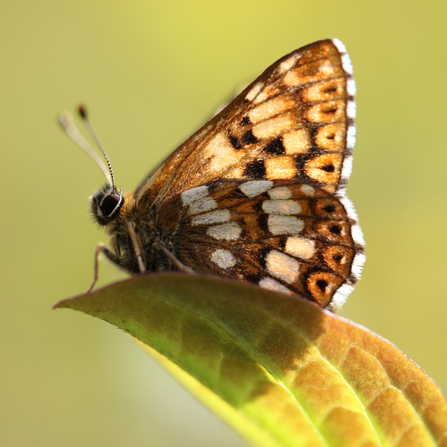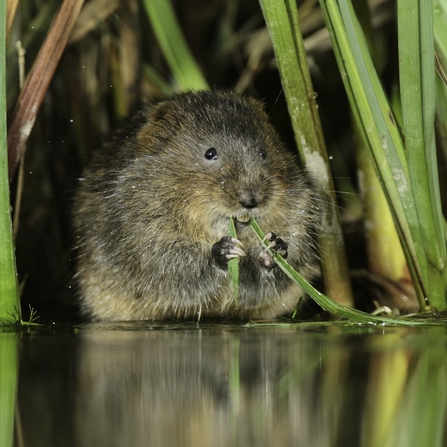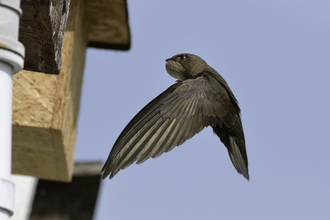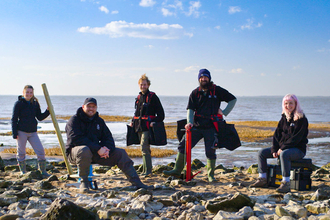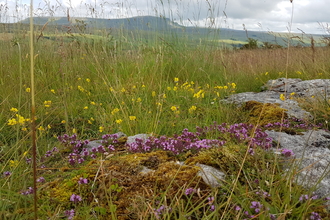Why is this General Election so important?
We have a vital opportunity between now and 2030 to restore nature, and to tackle and adapt to a changing climate. The next parliament will be in power for most of that time, making this the most important election of our time for the issues that matter to us. We need to give Yorkshire’s nature a voice and show politicians of all parties that thousands of us will vote on the strength of nature and climate policies.
Is Yorkshire Wildlife Trust allowed to get involved?
The simple answer to this is yes. Guidance from the Charity Commission is very clear that we can get involved in politics providing the activities we carry out support our charitable purposes. However, you will see us staying independent – we do not support a particular political party or encourage people to vote a certain way. This is about politics and policies, not party politics.
What is our approach to this election?
We want you to feel informed and have the confidence to have the important conversations with local candidates, to give Yorkshire’s nature a voice and to show politicians of all parties that nature and climate change matters.
What should I ask?
Here are five critical questions to ask your local constituency candidates, which will help you give nature a voice;

